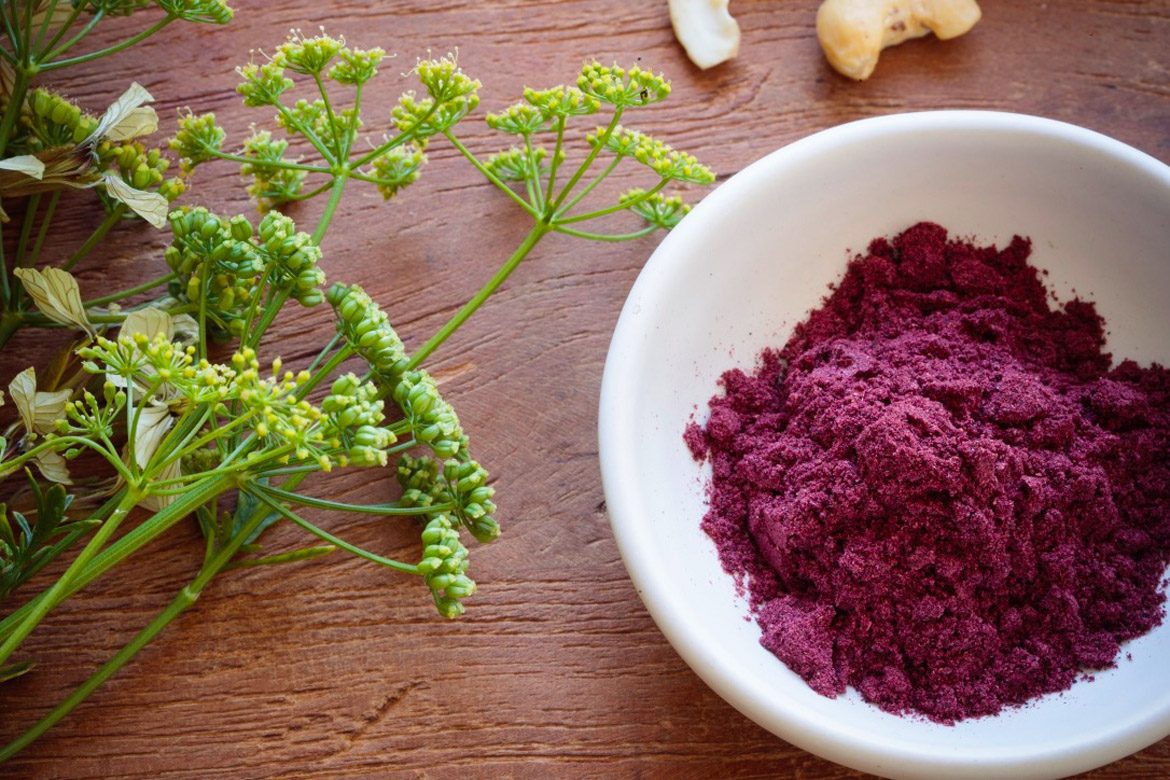by Dr Vanessa Ingraham for Nutrient Rescue
We all know that a diet rich in vegetables and fruit boosts our immune system and keeps us feeling our best, but will an apple a day really keep the doctor away this flu season?
These days, apples are one of the least nutritious fruits we can consume. Not only are they prone to insect predation and doused with pesticides (1), modern apples have been selected for sweetness and most varieties do not contain much more than some dietary fibre and a little bit of vitamin C. That’s not to say apples are bad, but we can find other delicious fruit and vegetables that pack a far more powerful flu-preventative punch. Nutrients such as the polyphenols and carotenoids in brightly coloured fruit and vegetables support our immune system’s ability to fight infection while dampening low-grade systemic inflammation. Polyphenol-rich foods can also help prevent and treat common colds and flus (2).
In New Zealand, one of our favourite polyphenol-rich foods is the tiny but mighty blackcurrant. Researchers at Japan’s Asahikawa Medical College examined the effects of blackcurrants against influenza virus A and B (IVA and IVB). The results showed both viruses were inactivated up to 99.9 per cent when incubated with blackcurrant extracts at a low pH. When IVA-infected cells were treated with blackcurrant extracts, the virus was completely suppressed in six hours. This study showed that not only can blackcurrant extracts inhibit IVA and IVB on contact, they also may prevent further infection by blocking the viruses’ ability to leave infected cells (3).
Blackcurrants are also one of the densest known sources of the polyphenol antioxidant class called anthocyanins, which have been shown to help our immune system defend us against other viral infections, such as those that cause enteritis and common colds (4).
Studies have shown that anthocyanins can prevent influenza viruses from penetrating human cells and may inhibit viral release once the cell is infected (5).
The way the polyphenol anthocyanins in blackcurrants work with the immune system means that if we do get sick, the severity and subsequent tissue damage from the infection may be decreased, thus allowing us to recover faster
Technically the only way to resist a flu virus is to have antibody protection against it, either from past infection or arguably from vaccination. But increasing evidence suggests anthocyanins may help by making the immune system more efficient at addressing and clearing a virus if it does encounter one (6,7). The way the polyphenol anthocyanins in blackcurrants work with the immune system means that if we do get sick, the severity and subsequent tissue damage from the infection may be decreased (8), thus allowing us to recover faster.
While we need more clinical trials to prove blackcurrants’ efficacy in preventing and treating colds and flus, extensive research has revealed antiviral effects. Also, because of how they work, the ability of anthocyanins to destroy certain viruses is not affected by viral mutations (9), unlike some pharmaceuticals, which are rendered useless once a virus becomes resistant.
No antiviral medication is 100 per cent effective, and blackcurrants will not be a magic bullet for flu prevention if a highly processed diet and excessive emotional stress are also present. However, given the safety and long history of consuming polyphenol-rich fruit and vegetables, I feel confident recommending blackcurrants as part of a holistic cold and flu treatment or prevention plan.
Blackcurrants have been shown to benefit those with seasonal flu, and are a wonderful complement to an already healthy wholefood diet.











